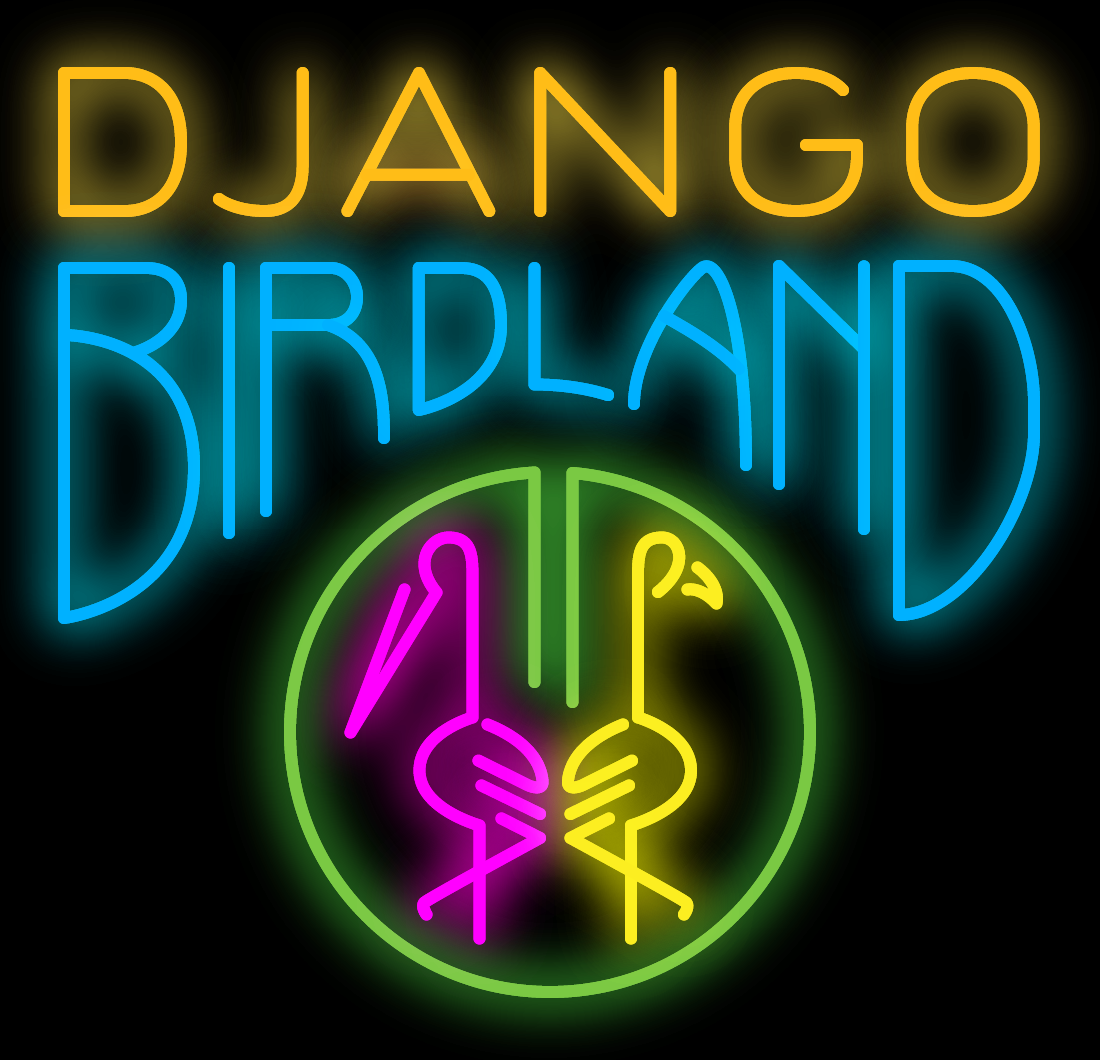by Richard S Ginell
November 21, 2005
Presented by Los Angeles Philharmonic Association. Performers: Dorado Schmitt, Samson Schmitt, Ludovic Beier, Brian Torff, Pierre Blanchard, Tom Scott. Reviewed Nov. 16, 2005.
Few could have predicted that the first European to come up with a unique jazz style would be a peripatetic, three-fingered, Belgian gypsy guitarist named Django Reinhardt. Fewer could have prophesized that Reinhardt’s style would endure for decades, influencing bands as far-flung as the Western swing outfits of the American Southwest. And fewer still would have dared to believe that Reinhardt’s 1930s Euroswing would light up a futuristic 21st century concert hall, outshining later styles on the program.
So went the Django Reinhardt Festival at the Walt Disney Concert Hall Wednesday night, a traveling homage that began in New York Citys Birdland club in 2000 and has since spawned some CDs and a DVD. It was part of a wide-ranging Guitar Festival this week at Disney Hall, a good programming idea that sweeps through classical, jazz, folk, country and world music territory without compromising any of them.
Although the protean bassist Brian Torff was the music director, spokesman, and solid anchor of the night — he even took the only unaccompanied solo bow on Willow Weep for Me — the program was mostly built around the talents of French guitarist Dorado Schmitt.
Whether at the leisurely loping pace of Je Suis Seul le Soir or the uptempo four-on-the-floor swing of Ill See You in My Dreams, Schmitt had the Reinhardt vocabulary down perfectly, every run and bent note in place — and he also played competent violin in Sinti Rhapsodie and sang a little.
Dorados son Samson energetically duplicated the thrumming rhythm-guitar harmonies of Reinhardt’s brother Joseph, and violinist Pierre Blanchard emulated the mauve-colored tone and lyrical swing of Reinhardt’s co-conspirator Stephane Grappelli. When they played together, this was Reinhardt’s Hot Club Quintette of France — with much of the fire intact, erasing the decades with amazing clarity.
They could have gone on all night in this fashion, but for the sake of a balanced show, some wrinkles were gradually thrown in. Ludovic Beiers accordion added a dollop of sentiment in the ballads that Reinhardt would have disdained, but he fit well within the style in the uptempo numbers and proved to be an even more effective exponent of the accordina — which is played like a melodica and sounds like a harmonica. Conversely, Tom Scotts pungent alto sax seemed at odds with uptempo Reinhardt swing yet was much more at home in a ballad like Souvenir.
